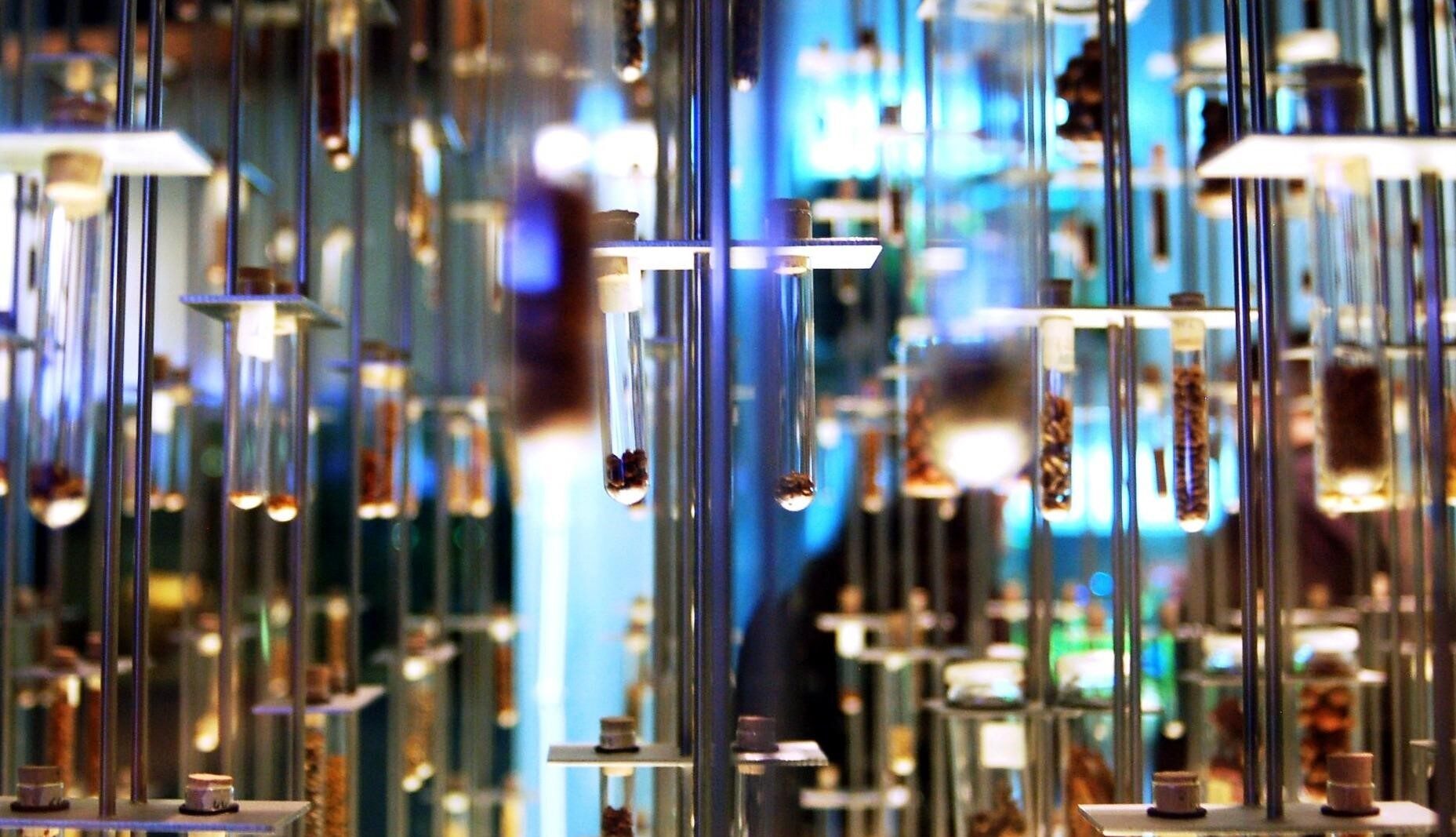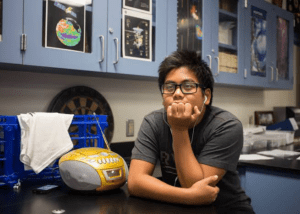Seed science examines seeds’ biology, genetics, and physiology, as well as the environmental factors that influence their growth and development. Seed scientists use techniques such as microscopy, spectroscopy, and genetic analysis to examine seeds’ physical and chemical properties. They research seed behaviours like dormancy, dispersal, and germination to increase crop yield and food security and preserve plant diversity. Seeds contain all the information and potential for growth, and seed scientists are unravelling the mysteries of these tiny powerhouses to learn more about them.
What do seed scientists do
Here are a few examples of what seed scientists do:
- Seed scientists are interested in seed biology, genetics, and physiology.
- Seed scientists examine seeds’ physical and chemical properties using microscopy, spectroscopy, and genetic analysis techniques.
- Seed scientists work with farmers, conservationists, and researchers to develop new seed varieties that are resistant to pests and diseases and more adaptable to changing environmental conditions.
- They help to develop sustainable agricultural practices and preserve endangered plant species.
- They use their knowledge of seed science to solve problems related to food production and environmental sustainability.
Degree Courses to Become a Seed Scientist
-
Bachelor’s degree:
A bachelor’s degree in plant science, agriculture, biology, or a related field can provide a solid foundation for a career in seed science. The program lasts four years and covers plant anatomy and physiology, genetics, soil science, and pest management.
-
Master’s Degree:
A master’s degree in seed science or a related field can provide a more in-depth understanding of the science behind seeds. A two-year program may include seed production, physiology, and pathology coursework.
-
Ph.D. in seed science:
A Ph.D. in seed science can lead to opportunities in research, academia, or industry. Degree programs in seed science typically last four to six years and include extensive research on seed genetics, dormancy, and quality.
-
Certificate programs:
Seed science certificate programs are available for those who want to specialize in this field but need more time or resources to pursue a full degree program. These programs may cover seed production, quality testing, and treatment techniques.
Seed Science Jobs
In the field of seed science, there are numerous career paths and job opportunities available. Here are a few examples of seed science jobs:
-
Seed Production Manager:
A seed production manager oversees the planting, harvesting, and processing operations to ensure the production of high-quality seeds. They ensure regulatory compliance while also working to improve seed quality and yield.
-
Seed Analyst:
A seed analyst conducts tests, such as germination rates, purity, and viability, to determine the quality of seeds. Analysts use techniques, including microscopy and genetic analysis, to identify potential seed contaminants and ensure seed quality.
-
Plant Breeder:
A plant breeder develops new varieties with desirable characteristics, such as disease resistance or increased yield. They create and test new plant varieties by applying their knowledge of seed genetics and plant physiology.
-
Seed Technologist:
A seed technologist conducts research and development to improve seed treatments, storage, and processing techniques. The seed technologists also work to develop new seed products and technologies to improve crop yields and sustainability.
-
Seed Biotechnologist:
A seed biotechnologist uses genetic engineering techniques to create new seed varieties with desirable traits such as pest and disease resistance. They also work to improve crop nutritional quality and sustainability.
-
Seed Conservationist:
A seed conservationist works to preserve and protect endangered plant species by collecting and storing seeds in seed banks. They also work to restore degraded habitats and promote the conservation of plant biodiversity.
Working in seed science has many benefits, including the satisfaction of helping to develop sustainable agricultural practices and the opportunity to collaborate with other passionate scientists and professionals in the field. It is a dynamic and essential field that provides a variety of career paths and options for those who want to make a difference in the world, whether by developing new plant varieties or working to conserve endangered species.
To summarise, seed science provides opportunities for specialization in areas such as plant breeding, seed production, and seed conservation, with degrees ranging from bachelor’s to doctoral. A seed science career allows you to contribute positively to food security, environmental sustainability, and plant biodiversity.



